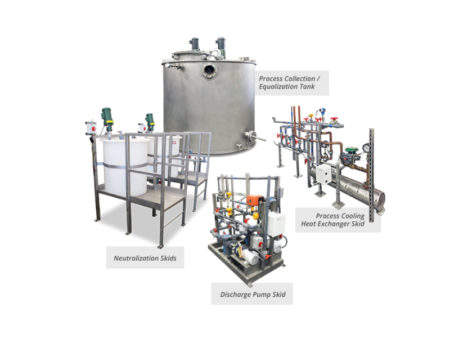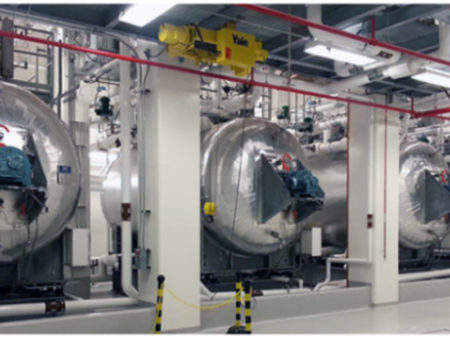PRI-Bio to Provide Bio-Hazardous Waste Decontamination System for US Department of Homeland Security, National Bio, and Agro-Defense Facility (NBAF)
A wholly owned division of Progressive Recovery Inc, PRI-Bio has been chosen by McCarthy / Mortenson and the US Department of Homeland Security (DHS) to provide multiple bio-hazardous waste decontamination systems.
The systems will be used for the $1.25 billion National Bio and Agro-Defense Facility, a DHS Science and Technology Directorate project located in Manhattan, Kansas.
Under the contract, PRI-Bio will be designing, fabricating, and installing numerous liquid decontamination systems capable of sterilising several times the capacity of both the ageing Plum Island Animal Disease Center (the facility NBAF is replacing) and PRI’s system at USAMRIID, which is currently one of the world’s largest effluent sterilisation systems.
PRI-Bio will also be providing several state-of-art, 3rd Generation, Tissue Autoclaves to sterilise solid biological waste streams.
The NBAF campus will include more than 700,000ft² of facility space, including the 574,000ft² main lab building, which houses biosafety level (BSL) 2, 3, and 4 shared research space to be constructed on the 48-acre site.
The facility will have advanced research, diagnostic testing, and validation, as well as countermeasure development (such as vaccines and anti-viral therapies) and diagnostic training for high-consequence livestock diseases.
The campus will also provide the necessary infrastructure to improve understanding and preparedness for potential bioterrorism employing foreign animal disease and zoonotic disease pathogens that may be accidentally or intentionally introduced in the US. The site will help develop capabilities to improve protection against such threats to the US’ food supply, the nation’s agriculture economy, and public health.
PRI-Bio’s head of commercial operations Craig Morley said: "The NBAF project highlights our commitment to support the US Government in bio-hazardous waste management."
"Our systems ensure effective treatment and sterilisation of bio-hazardous waste, protecting the health and welfare of researchers and other facility staff, as well as the general public and the environment."






